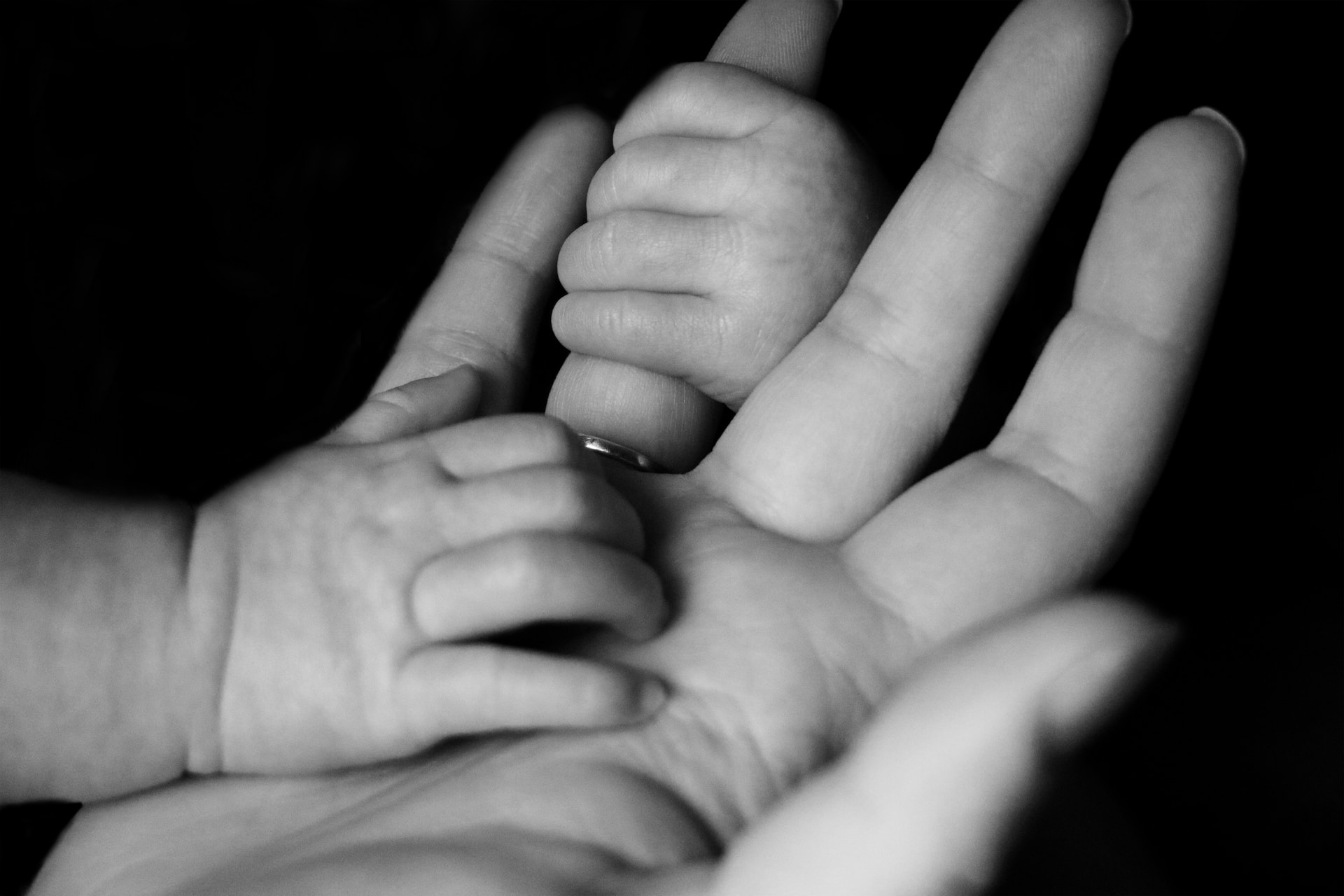Mother’s Day is supposed to be a day of celebration. A day of grand gestures and unconditional love expressed in all manner of ways. We’re inundated with images of mothers of all ages accepting flowers, mushy cards and kisses, and happily holding the day sacred for the likely brunch or dinner invitations to come.
Mothers of babies and toddlers are frequently doted on by the happy dads of the young ones, perhaps coached by others in the family to acknowledge the day. It would be next to impossible to miss the run-up to the holiday, as it is a commercial juggernaut and heralded for weeks in advance by businesses hoping to cash in and extended families sorting out how to honor the mothers, grandmothers and mother substitutes in their own orbit.
Social media is awash in pictures of happy families, nuclear and extended. Deceased mothers are recognized with declarations of love and devotion long past their lifetimes. Of late, I have noticed the generous mention of mothers who have lost their children through tragic circumstances or early death, with the reminder not to forget them on Mother’s Day.
It is an indisputable fact that all humans are birthed by mothers. Surrogate, fertility assisted— however a baby was conceived, the vehicle to arrive on the planet is good old mom. But it does not necessarily follow that all humans are mothered well, or that all children can be easily mothered. So, how is it that the picture of Mother’s Day is captured just by the smiley faces of those who seemingly are embraced in a circle of love?
Arguably the most important job in the world is taken for granted as the inevitable result of a biological process, with no licensure or credential needed to certify qualification for mothers who are immediately assumed to be able to care for every need of a new bundle of joy. And now, in our world, the right for women to determine when or if they are ready for motherhood is no longer guaranteed, indeed, it is threatened. The state of motherhood is precarious when mothers have no agency to make decisions about when and how to have a child. This is a risk factor for all of us.
I appreciate that we now acknowledge the mothers who have lost children to gun violence, early death, and other tragic circumstance, but what of the children who are victims of neglectful or abusive parents who have failed to protect them from domestic abuse in their homes? How do those children fare on Mother’s Day? And, how do the mothers of these children handle the celebratory aspects of the day—do they expect cards and flowers or does it cause a downward spiral of greater pain for everyone?
Family dysfunction has no economic, ethnic or geographic signature, of course. Physical violence is only one form of abuse. The toll resulting from emotional abuse due to the lack of nurturing a child by providing a safe environment, food, shelter and stability can cause early trauma that carries into adulthood. When women have not been shown respect and dignity to determine their own path for reproduction choices, should we be surprised when unconditional love for their children does not necessarily follow?
In my novel, Finding Grace, Caroline, a gifted ornithologist who wants a life of travel and adventure, gets pregnant against her wishes, her husband, Charlie, assumes she will change her mind. She doesn’t—and as their daughter, Grace, grows up, she falls through the devastating schism that grows between them. It is an emotional story. Caroline in her own world, is neglectful and distant, and the parenting burden falls to Charlie, who, in his own selfish way created the dysfunction in their family. I doubt if Mother’s Day was celebrated in their family.

Leave A Comment